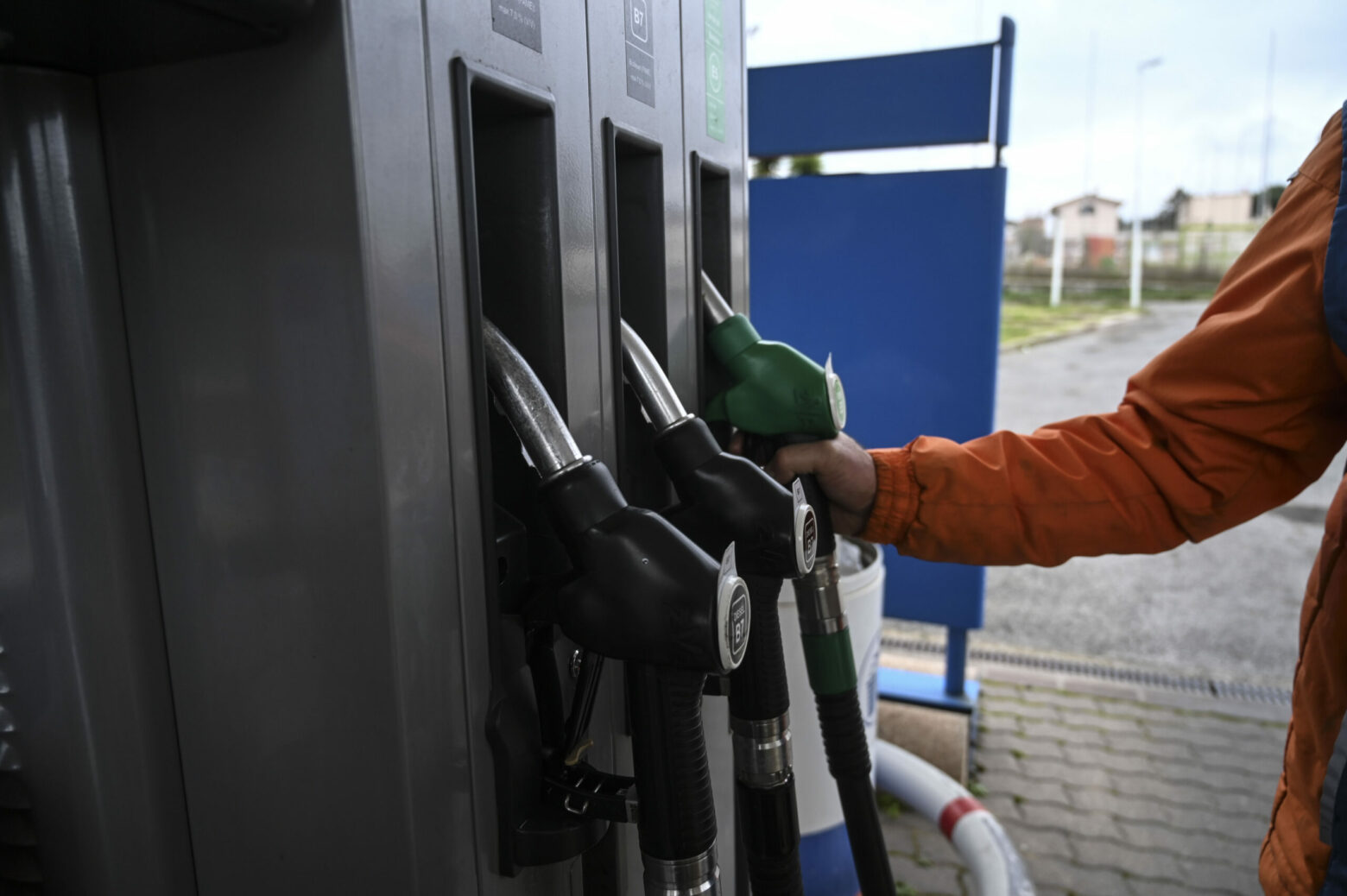Gasoline, because the problem is in the refining

There is no speculation behind the rise in petrol and diesel prices: the greatest risk to prices is represented by the refining sector. Sergio Giraldo's analysis
It would be enough to look at the numbers to dispel the myth of speculation on petrol prices : against an increase in excise duties of 18 cents per liter from 1 January, the average increases at the pump were 16.8 cents, according to the latest survey January 9 official. Instead, once the media story about sly and speculators started, the government got caught up in a frantic and unjustified remedial zeal, inventing a new bureaucratic burden for distributors and activating controls on the territory in search of some price increase that would also an offense at the same time.
THE INDUSTRIAL COST OF PETROL AT THE PUMP
At current numbers, the industrial cost of petrol at the pump is equal to 0.75685 euros per litre, i.e. 756.85 euros per 1,000 litres. In turn, it is made up of the distributor's margin (equal to €209 per 1,000 litres, according to UNEM data, equal to 11.5% of the final price) and the cost of the product (€548 per 1,000 litres, equal to about 30% of the final price). It is on this last item that several elements influence. First of all the euro/dollar exchange rate, given that refined products are quoted in dollars, then the cost of crude oil and that of sea freight. Each of these elements plays a role in determining the price of the final product, together with the inventory situation, which represents another factor influencing the price. In conditions of high demand and low inventories, as is the case today, the price tends to rise and vice versa.
THE CRISIS IN THE REFINING SECTOR
But it is above all the last cost component, i.e. the refining segment, that today represents the greatest risk when speaking of diesel and petrol prices. Refining is a business in itself, which can have periods of overcapacity or, as happens today, production capacity reduced compared to demand.
Today, bulk diesel costs more than petrol (€767 versus €548 per 1,000 litres), because demand hasn't decreased, while the supply of refined product is struggling. Indeed, in Europe, the refinery sector has been severely affected by closures and divestments, which have reduced its production capacity, especially as a result of the green policies and the lockdowns of 2020. Furthermore, inventories are at a minimum in the USA, Asia and also in Europe, where they are at the very low levels recorded in 2008.
The market has moved forward and is starting to price in the impossible mission that the European Union has given itself, which is to completely replace the diesel imported from Russia starting from 5 February, the date on which the embargo on petroleum products will take effect.
The European Union has a diesel requirement of approximately 4.8 million barrels per day (bbl/d) and approximately 12% of this quantity is directly imported from Russia. In less than a month, the embargo will force the EU to find around 600,000 bbl/d of diesel on the market. It is no coincidence that in the last two months the EU has hoarded Russian diesel, bringing up imports which in November and December reached record quantities, equal to around 800,000 bbl/d.
WHAT WILL CHANGE WITH THE EMBARGO ON RUSSIAN OIL PRODUCTS
Hard to find a worse time to launch an embargo of this kind. The supply deficit of middle distillates already structurally present at a global level will force the EU to enter into fierce competition with the rest of the world to grab the quantities it needs. In fact, it is unlikely that Russia will be able to divert the products it previously exported to the EU to other markets in a short time. At least in the first few months, the cut in Russian supplies will reduce world supply and this means that diesel prices will have to rise. The new refining capacities in Asia and the Middle East will not be able to produce at full capacity for a few months.
It is also unlikely that Europe will be able to rebuild adequate refining capacity on its own in a short time: too much would be needed, and time and money would be needed. But which private individual would invest in a refinery today, knowing that the European Green Deal would wipe out his investment within a few years? European refiners, among other things, are subject to the payment of CO2 quotas according to the European ETS system, for the part that exceeds the free allocations, which increases costs. An Indian refiner doesn't have this problem.
This is a machine translation from Italian language of a post published on Start Magazine at the URL https://www.startmag.it/energia/prezzi-benzina-problema-raffinazione/ on Sun, 15 Jan 2023 08:11:45 +0000.
